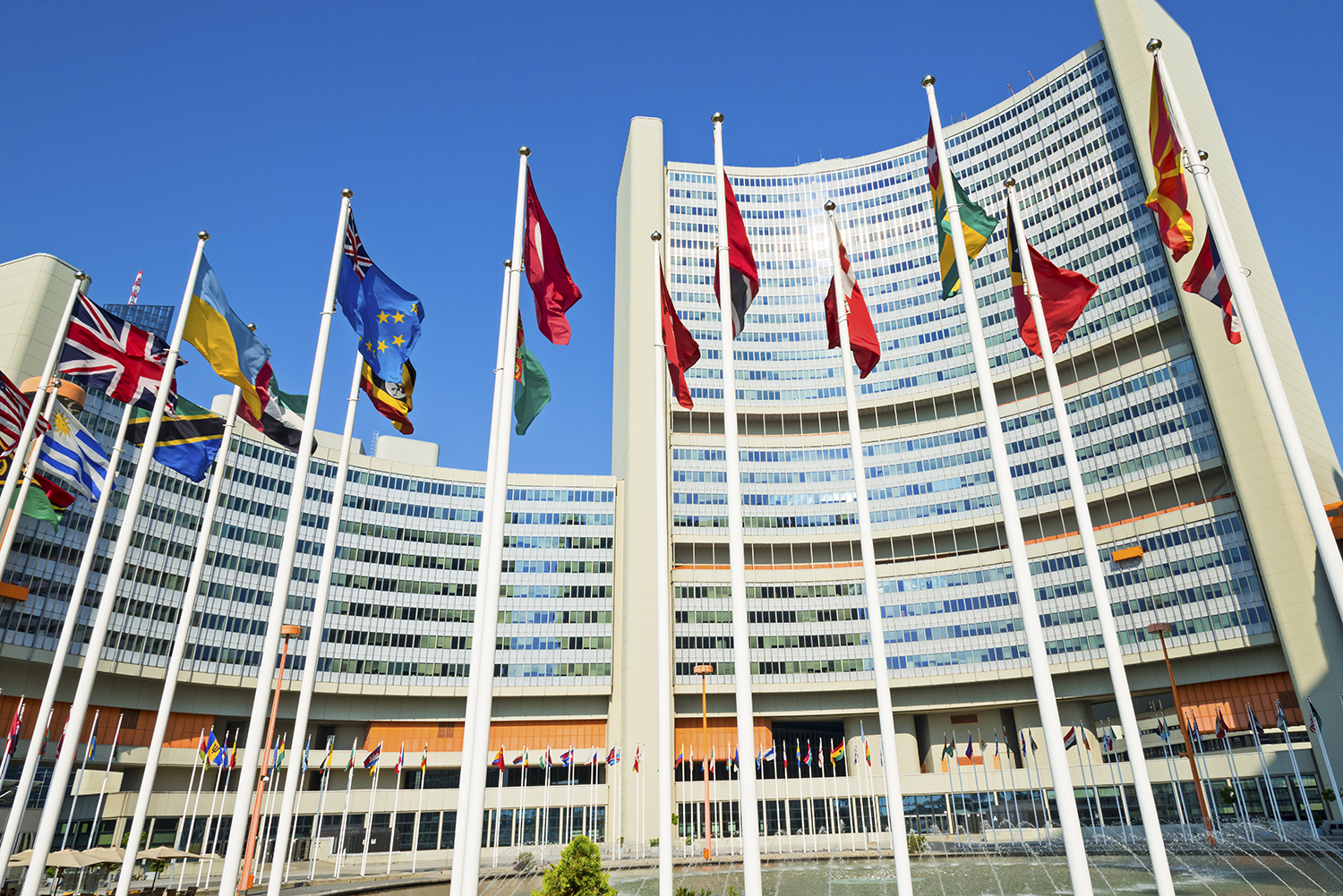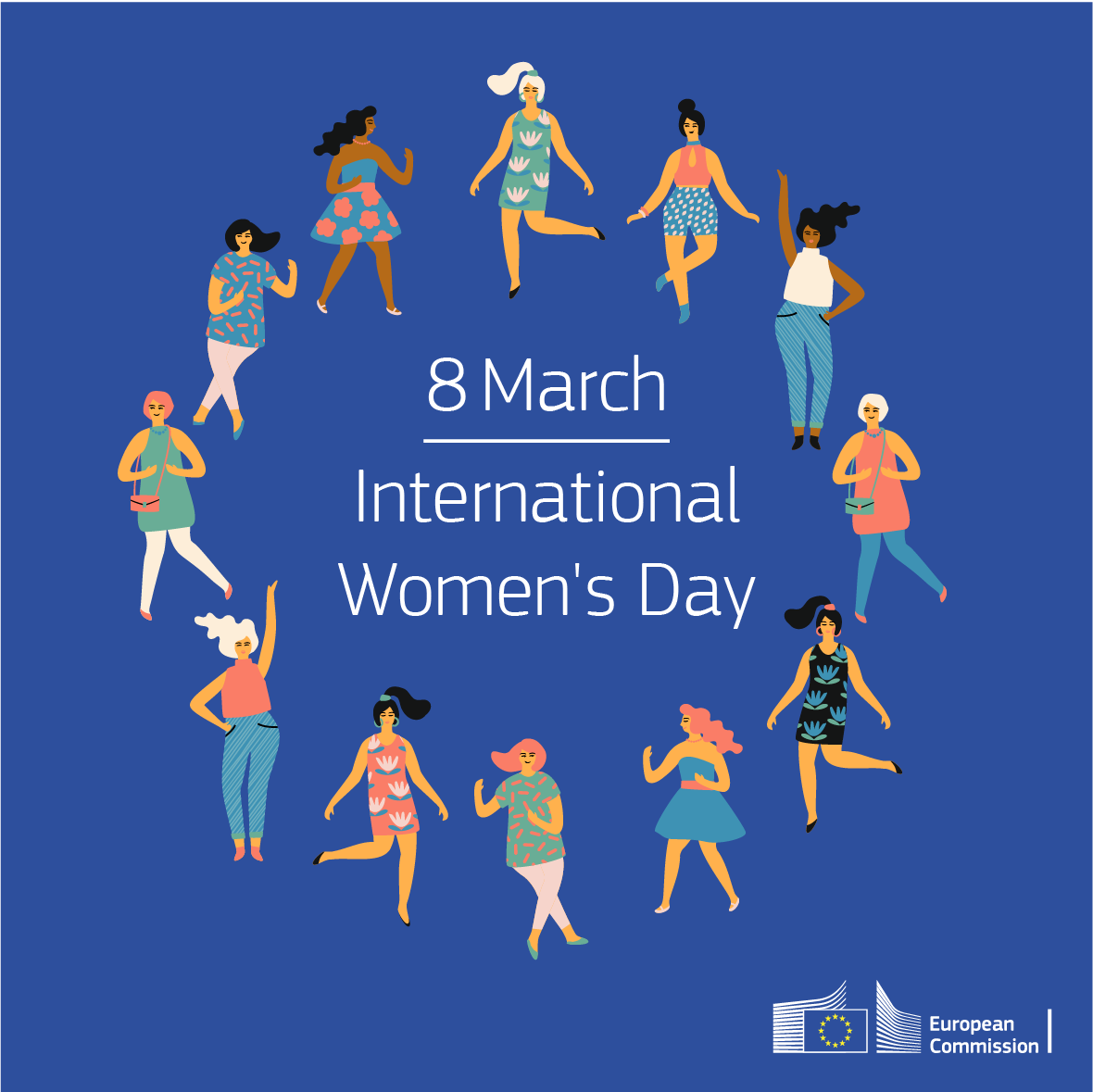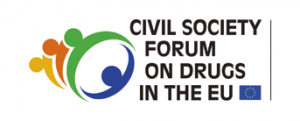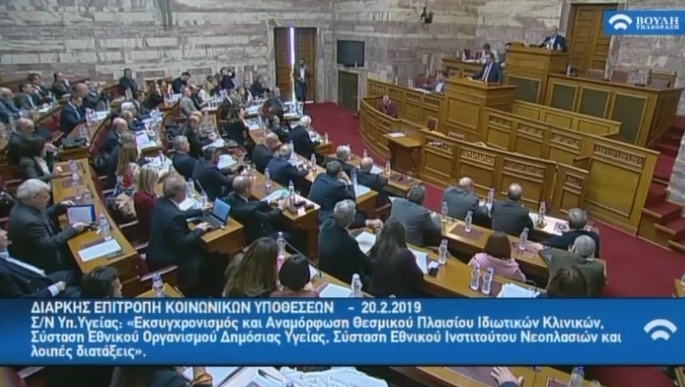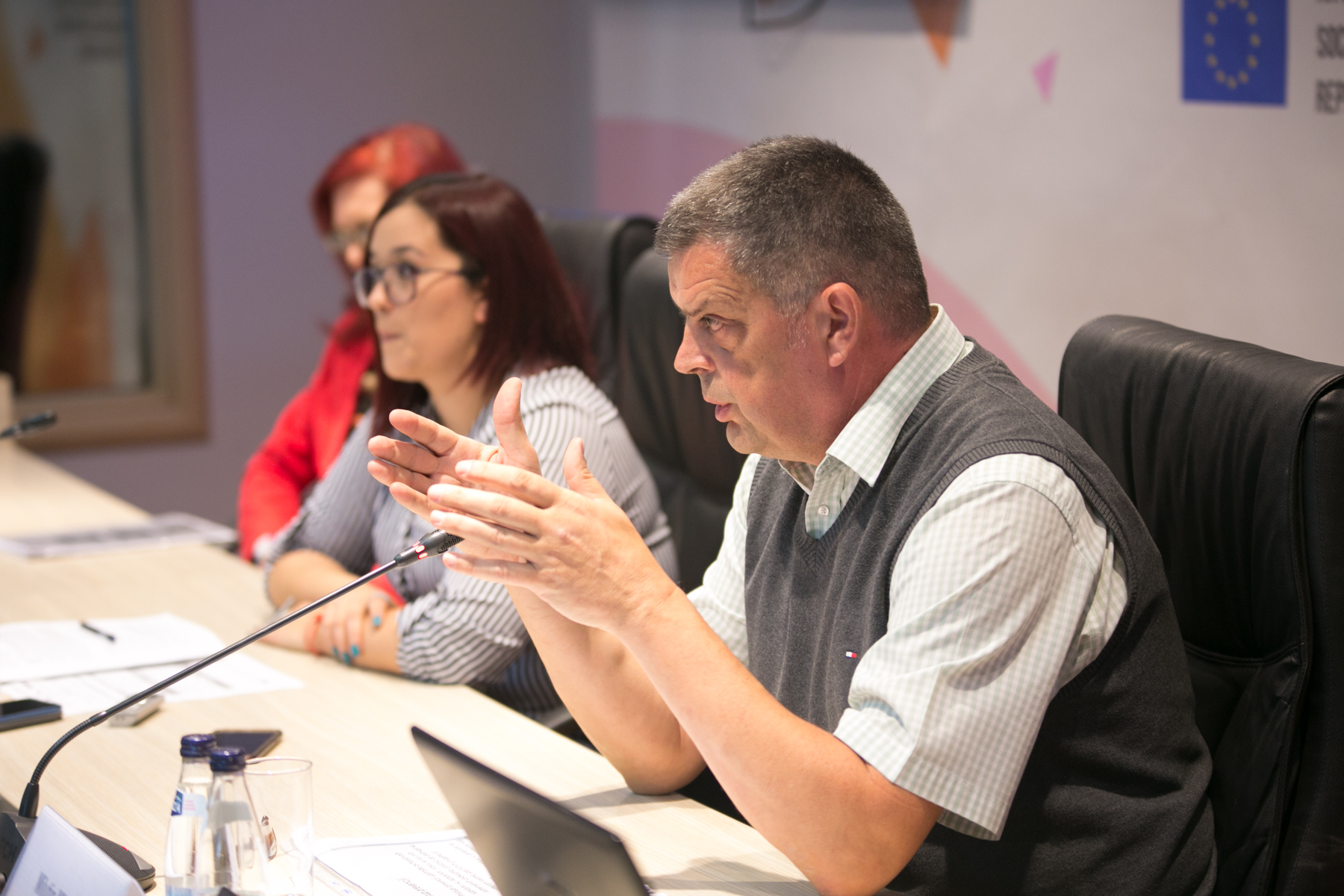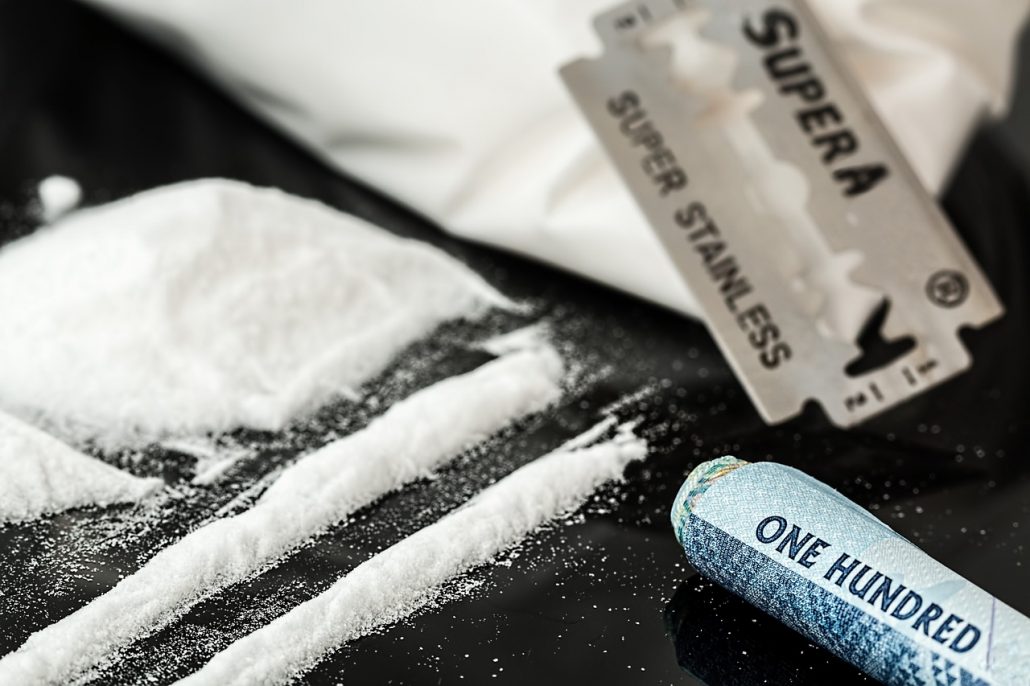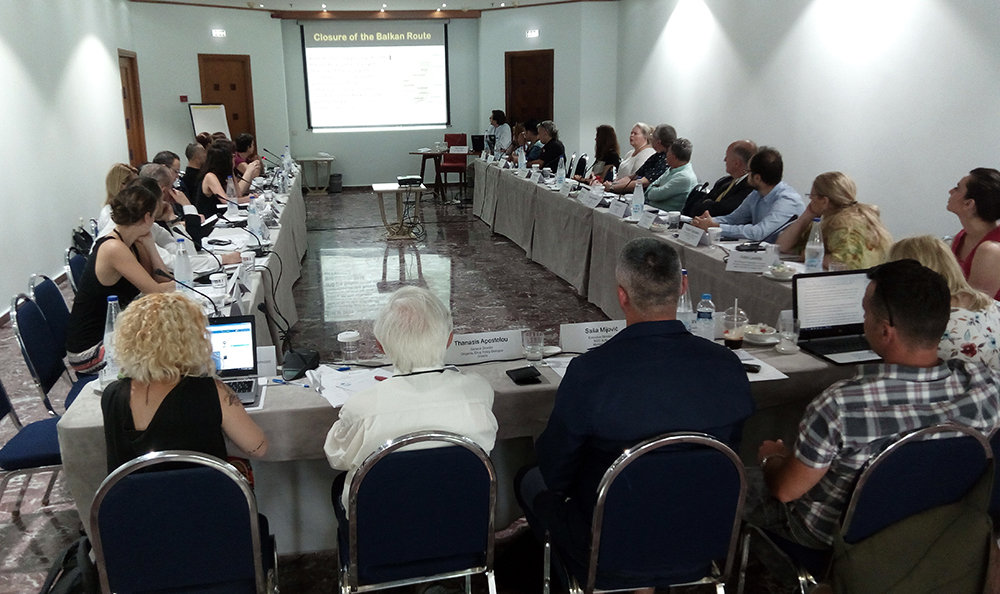The United Nations (UN) agreed to a new framework for global drug control: a Ministerial Declaration ‘Strengthening our actions at the national, regional and international levels to accelerate the implementation of our joint commitments to address and counter the world drug problem’. The text of the Declaration is available.
The International Drug Policy Consortium expresses disappointment following the UN’s adoption of a 10-year global drug strategy that fails to deal with the realities and the devastating impacts of punitive drug policies.
In the lead up to this Ministerial Segment, IDPC called repeatedly on Member States to formally and honestly evaluate progress made towards the overarching goal, in the 2009 Political Declaration, to significantly reduce or eliminate the illicit drug market, as well as in the implementation of the UNGASS Outcome Document. Unfortunately, a formal and comprehensive review of the past decade of drug policies was not conducted by governments or the UNODC.
 In the statement issued, IDPC pointed that governments the world over have utterly failed to make any progress in achieving a drug-free world. Over the past decade, there has been a 31% increase in the number of people who use drugs and an unprecedented rise in the cultivation of opium and coca. Organised crime has also flourished, with the illicit drug trade estimated to now be worth between USD 426 to 652 billion.
In the statement issued, IDPC pointed that governments the world over have utterly failed to make any progress in achieving a drug-free world. Over the past decade, there has been a 31% increase in the number of people who use drugs and an unprecedented rise in the cultivation of opium and coca. Organised crime has also flourished, with the illicit drug trade estimated to now be worth between USD 426 to 652 billion.
In blindly striving for a drug-free world, drug policies have had devastating consequences:
- Half a million preventable deaths by overdoses and from HIV, hepatitis C and tuberculosis in 2015 alone
- A global epidemic of pain which has left 75% of the world’s population without access to pain relief
- Severe human rights violations, including mass incarceration, 3,940 executions, and tens of thousands of extrajudicial and other unlawful killings.
Unfortunately, the so-called ‘Vienna consensus’ won out and has once again stifled progress in UN drug policy. Even though the document includes a bleak acknowledgement of the scale of the problem, it re-commits the international community to another decade focusing on the elimination of the illicit drug market.
 Ann Fordham, IDPC Executive Director, said: “Although some progress has been made in the new Declaration compared to ten years ago, it is disappointing that governments cannot be honest about how repressive drug policies drive devastating harms, more so than the drugs themselves. The consensus-based UN drugs debate has led to the unfortunate recycling of failed and flawed rhetoric that must be called out. Governments would do well to reflect on the evidence before them from the UN system as well as civil society.”
Ann Fordham, IDPC Executive Director, said: “Although some progress has been made in the new Declaration compared to ten years ago, it is disappointing that governments cannot be honest about how repressive drug policies drive devastating harms, more so than the drugs themselves. The consensus-based UN drugs debate has led to the unfortunate recycling of failed and flawed rhetoric that must be called out. Governments would do well to reflect on the evidence before them from the UN system as well as civil society.”
To read full IDPC statement follow this link>>>

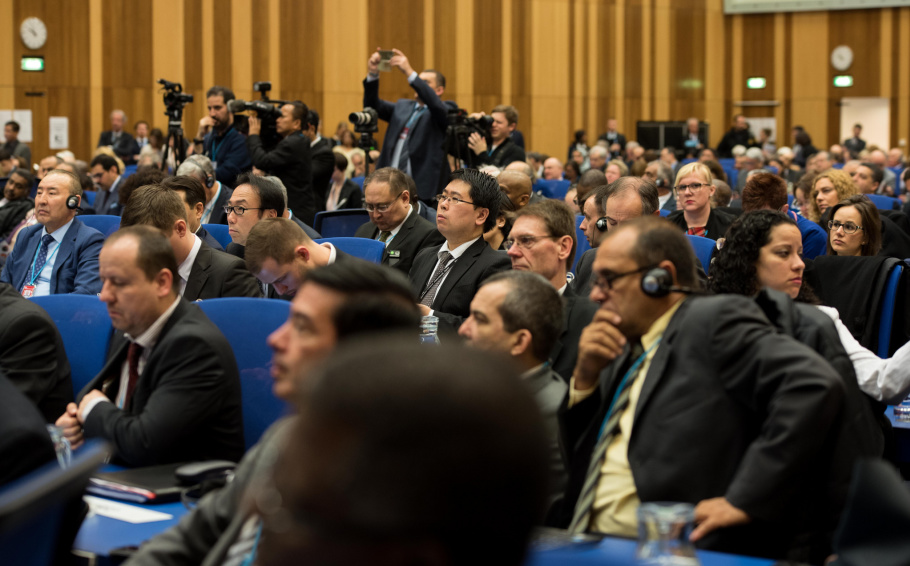

 While a number of UN agencies have made similar calls in the past, this CEB statement means it is now the common position for the entire UN family of agencies. Crucially, the UN Office on Drugs and Crime – the lead UN agency on drug policy – has also endorsed the position; finally clarifying their previously ambiguous position on decriminalisation.
While a number of UN agencies have made similar calls in the past, this CEB statement means it is now the common position for the entire UN family of agencies. Crucially, the UN Office on Drugs and Crime – the lead UN agency on drug policy – has also endorsed the position; finally clarifying their previously ambiguous position on decriminalisation.